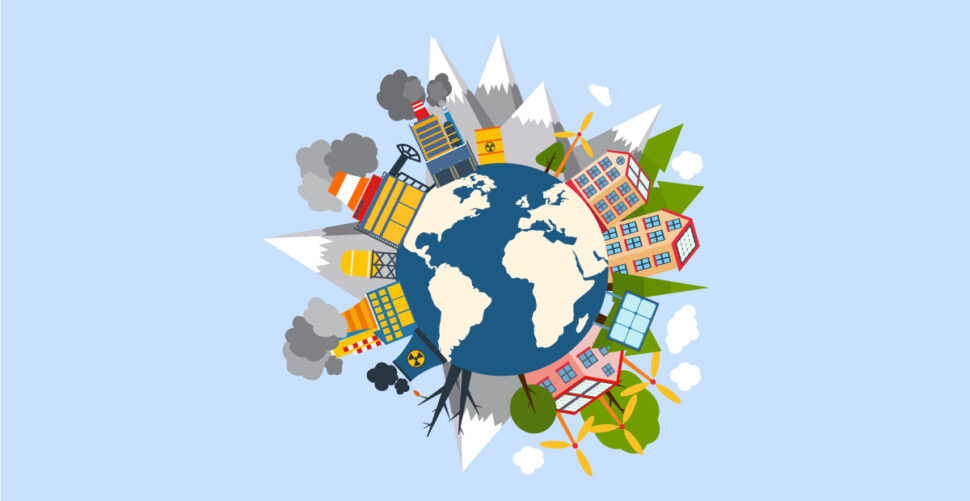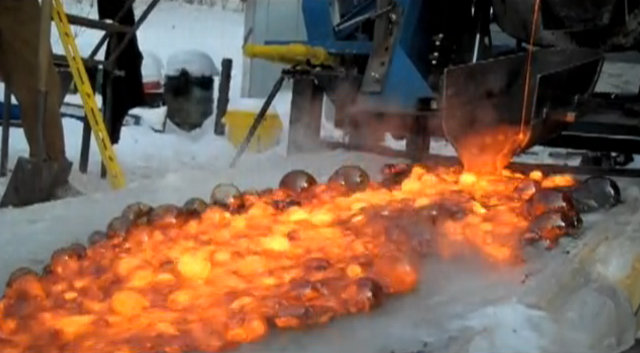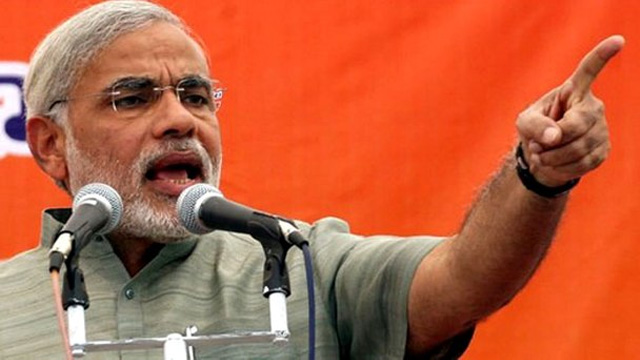Changes in the phases of the earth at various periods have shared valuable messages that the future can implement for betterment. Looking back into world history the transitional period has pointed to many essential factors that led to the transitional period. The remarkable phase of this period in history is European history from the 17th century to the 19th century.
Almost for two centuries, there was a revolution in different fields that was due to the forced condition. The conditions and sufferings that required a rise and development to overcome the difficult situations.
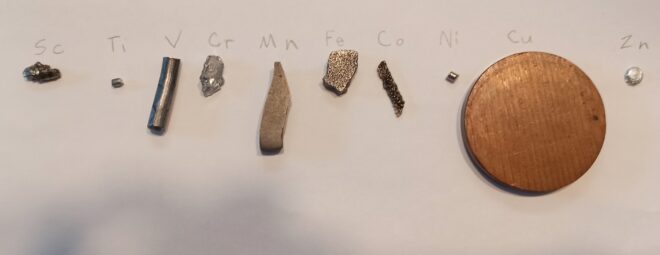
Fields culminated in the transitional period
When we study the transitioning periods it takes place mostly between the changes of centuries. Each century defines the economy, military, social and political facts of civilizations. The progress of mankind evolved with several sacrifices, wars, and turbulences in society.
The transitions time points are majorly about two revolutions. It brought an exceptional change in the world. French Revolution that covered art, culture as well as the establishment of the democratic government. It is one of the largest revolutions that brought thoughts of liberty for the first time, all over Europe.
Secondly, the worst position that the world had faced was World War – II. It led to the decline of the economy, rise of poverty, and deaths due to the years of battles and bombings.
Industrial Society revolution
During the French revolution, the politic faced challenges with the alliance systems during 1871. It intended to the growth of the thoughts on political liberalization. To protect their rights and extent to rigorous controls. The emergence of the industrial society widened with the separation of states, nation-wise. The progress was mostly determined in terms of the nation.
The worsening of the situation caused poverty with the severe downfall of the economy. People were jobless, they hardly afford food for their families. It is when the spread of need traced the path to use science to bring some development in different industries.
The effects of the Industrial revolution
Between 1750 to 1800 there was an increase in population after the division of states nation-wise. The strength of the population initiated to invention and growth of new foods. Different crops are were invented and cultivated that helped in industrial growth. Inventions of machinery were observed in this period.
There was an increased transaction, development of new businesses and trades with the rise of population led to the industrial development of the state and nation. This is the reason that the 18th century is pointed to as one of the remarkable transitional periods.
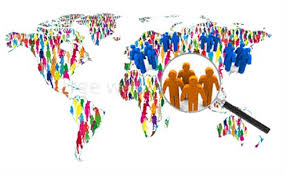
Part of the French revolution was the ruling and conquering period of the Napolean. It was during his time that different countries faced industrial development. It isolated the trading deals with Britain which had worsened and weakened the legacy of England.
Continuation of the transitional period was till world war 2, the revolution diverted to survive as a minimalist. But with the discoveries of machines and technologies in northern Italy and Spain, there was the extreme development of with world’s top industrializations.
Even in modern world history, the impact of development is realized in industrialisations.

